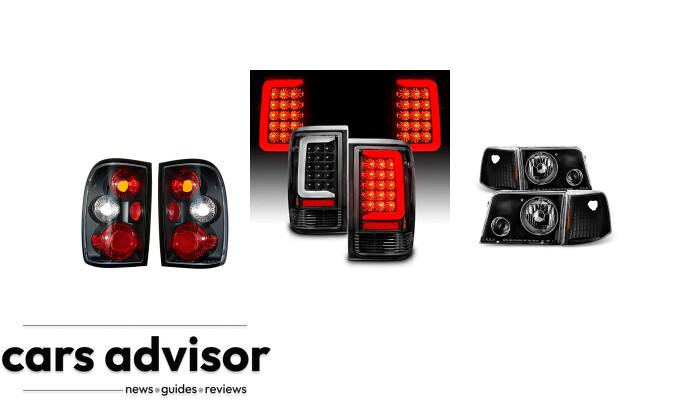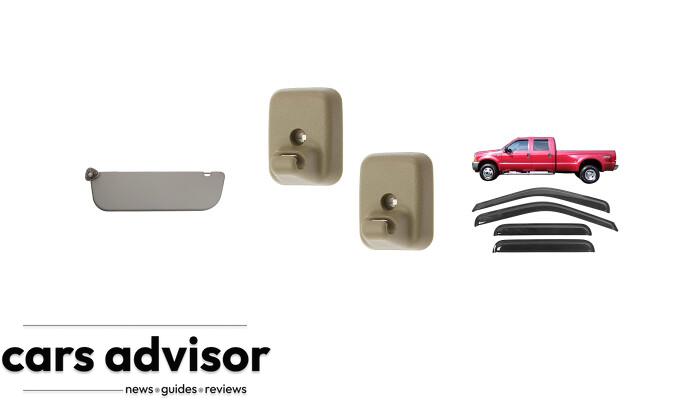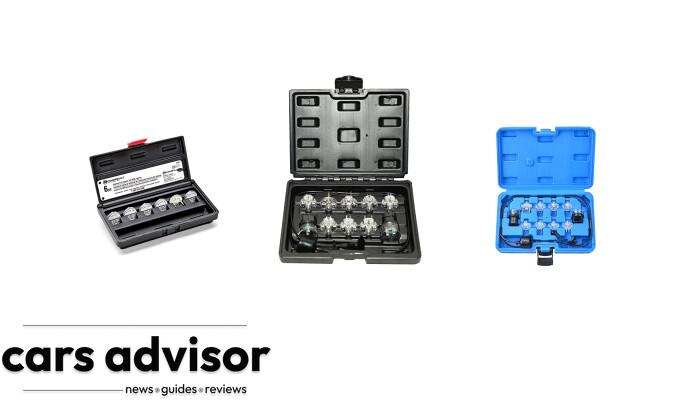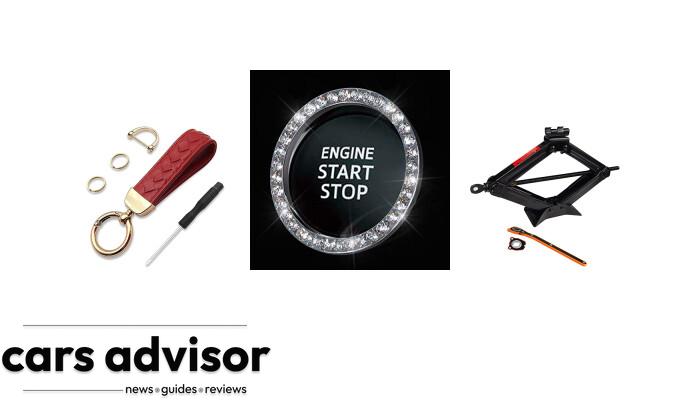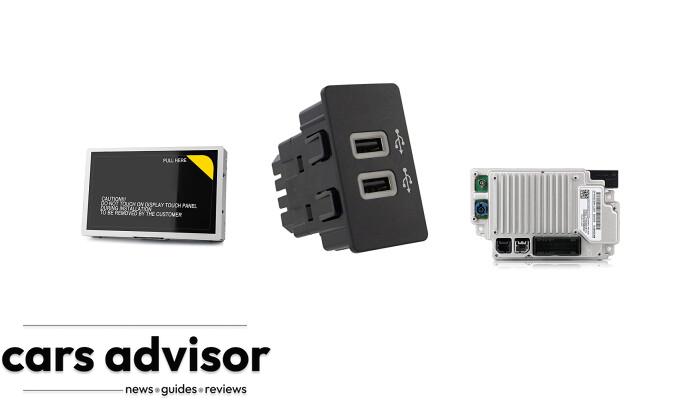Used Car Prices on the Rise: Why You’re Paying More Than Ever
If you’ve recently purchased a used car, you may have noticed that prices seem to be skyrocketing. What’s behind this trend? Here are the key factors driving up costs:
Supply and Demand: With the pandemic causing production delays and factory shutdowns, there are simply fewer new cars available. As a result, more people are turning to the used market, driving up demand and prices.
Inflation and Economic Recovery: As the economy bounces back, we’re seeing an increase in inflation across the board. This means that everything from gas prices to car parts to the cost of labor is higher than before. With the cost of repairing and maintaining older vehicles increasing, more people are looking to buy newer used cars that are in better condition – further driving up prices.
Delayed Trade-Ins: With fewer new cars sold during the pandemic, there were fewer trade-ins for dealerships to resell. Now that people are buying new cars again, we’re starting to see more trade-ins hit the market. However, this is a slow trickle and not enough to keep up with demand.
While it may seem like used car prices will stay high for a while, it’s still worth doing your research and negotiating with dealerships to get the best deal possible. Remember that supply and demand may fluctuate over time, and you don’t want to overpay in a seller’s market.
From New to Used – A Circular Economy
As someone who loves cars, I have always been intrigued by the dynamics of the car market. Today’s brand new cars were yesterday’s used vehicles, and this cycle continues relentlessly. The car market is a classic example of a circular economy, particularly when it comes to pricing. A drop in prices of new models makes them more affordable, driving up demand. As a result, more people can afford to buy new cars, leading to increased demand for used cars. This drives up prices in the used car market, leading to a decrease in supply, and as a result, prices of new cars go up again.Fewer New Cars = Higher Prices on New Models
There has been a significant reduction in new cars over the last few years, which has increased the prices of new models. Manufacturers have cut back on production due to economic uncertainty, disrupted supply chains, and, in some cases, due to natural disasters. This decrease in production led to fewer cars coming to market, which has resulted in increased demand, with buyers competing for limited stock. Despite the economy taking an upswing, car manufacturers are struggling to meet the demand, driving up the prices of new models.The Surge of Buyers in the Used Car Market
As the cost of new cars continues to spiral upwards, many people are turning to the used car market. The surge in demand for pre-owned cars is driving up prices, and the supply of quality used cars is becoming increasingly limited. As more people enter the used car market, the competition for the best models forces prices up, making it impossible for buyers to get a bargain. Buyers are willing to pay a premium for a quality used car with low mileage, and dealers have recently reported that they have been struggling to keep up with the demand.The Pandemic’s Effect on the Used Car Industry
The Covid-19 pandemic sent shockwaves through the global economy, and the car industry was no exception. Many factories temporarily closed, and sales plummeted during the lockdowns. Despite the downturn, the used car market emerged as a beneficiary of the pandemic. Social distancing measures and concerns about hygiene led many people to avoid public transport, pushing them towards car ownership. Additionally, with many new car owners choosing not to trade their vehicles, the used car market became even more competitive, driving up prices.Limited Supply of Used Cars Increases Prices
The supply of used cars has also been greatly reduced in recent times. There are several reasons for this, including increased demand for new cars, pandemic-related delays, and the rising cost of living. The reduced supply of quality pre-owned cars has combined with increased demand to create a seller’s market where dealers can command much higher prices. As a result, buyers are forced to pay top dollar for used cars, making it harder for those on a budget to get a good deal.Can a Recession Result in Lower Car Prices?
During a recession, car prices often experience a significant decline. As consumer spending decreases, manufacturers and dealerships may offer incentives, discounts, and lower interest rates to stimulate demand. This combination can lead to affordable options for buyers looking to purchase a car. However, it’s important to thoroughly research the market and consider various factors before making a substantial investment in car prices during a recession.
Rising Demand for SUVs and Trucks in the Used Car Market
There is an increasing demand for larger vehicles such as trucks and SUVs in the used car market. This demand is not only from individuals but also from businesses and government organizations. In particular, the construction and agricultural industries need vehicles that can handle heavy-duty workloads. Additionally, many buyers prefer larger vehicles due to their robustness and perceived safety, which has resulted in a shortage of quality used trucks and SUVs, driving up prices.Factors Contributing to High Used Car Prices Today
There are several factors contributing to high used car prices today, including:- Increased demand: More people are opting for used cars due to the high cost of new models.
- Limited supply: Supply of second-hand cars has declined due to reduced production and decreased trade-ins.
- Strong economy: The strong economy means people can afford to buy pricier cars, which has increased competition for quality used cars.
- Rising cost of living: The increased cost of living has led buyers to opt for a used car rather than a new car.




